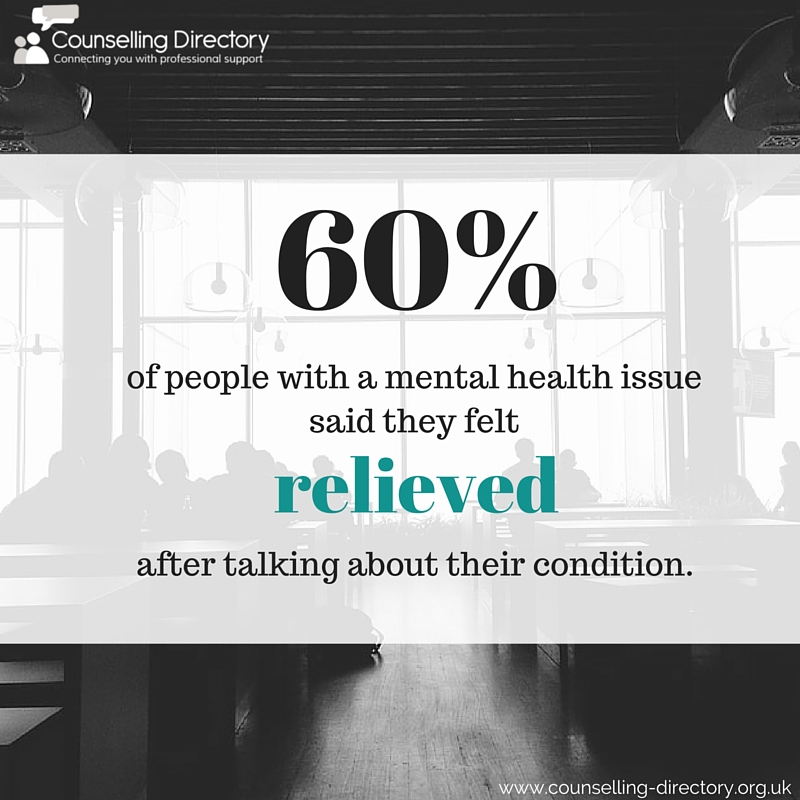Mental Health Awareness Week: Looking after yourself
We have compiled a list of self-care techniques and lifestyle changes that can help manage the symptoms of a mental health problem. Mental illness can be very a lonely road, so it is important to look after yourself on the journey.

Nourish relationships
Feeling connected to other people is important and relationships can really help when going through a difficult time. It is these relationships that can help you to feel valued, confident and give you a different perspective on a situation. If you are able, try to spend more time with your family and friends – even a quick cup of tea or short phone call can make a huge difference.
If you don’t feel you have a supportive network and are feeling isolated, there are ways you can make new relationships. For example, you could try joining a book club.
Try peer support
Living with a mental health problem can be very lonely and it can often feel like nobody understands. Peer support is a way to bring together people who have experienced similar issues and can support each other. This can help boost your confidence and feel accepted, as well as help to improve and share your knowledge and work with others to spread awareness.
Make time for you
It is important to make time for therapeutic activities and practise them at home.
Relax: You may know what helps you relax. This may be having a warm bath, drawing a picture, journaling your thoughts, listening to music or going for a walk with the dog. If you know what helps you feel calm and relaxed, set aside time every day to do it.
Be mindful: Ensure you take time to be more aware of the present moment. Focus on the world around you, as well as your inner thoughts and feelings. Practising this therapeutic technique can help you be more aware of your own moods and reactions.
Look after your physical health
Looking after your mental health is just as important as physical health, and the two go hand in hand. Getting enough sleep can help you cope with the emotions you are experiencing and eating regularly and healthily can make a big difference to how you feel. Try to stay physically active. This doesn’t mean forcing yourself to go to the gym, but just getting outside for a walk and keeping moving can be very beneficial. If you choose an activity you enjoy, it will be easier to make it a habit. Why not try joining a yoga class or take up swimming?
Psychotherapist and Counselling Directory member, Nick Judson shares his top tip for self-care:
“As well as the tips mentioned, it is often my experience that the best tip to give anyone is to focus on a regular, simple routine. For instance, attempting to establish a regular sleep pattern, eating regularly and making a point of eating breakfast.
Trite as it may seem, you can’t go wrong with porridge. It is a good, cheap source of complex carbohydrates and as such, can provide a much needed source of energy during the morning. It is surprising how many people can experience significant improvements in their mood and anxiety levels from practising this simple strategy.”

Find a therapist dealing with Mental health
All therapists are verified professionals


